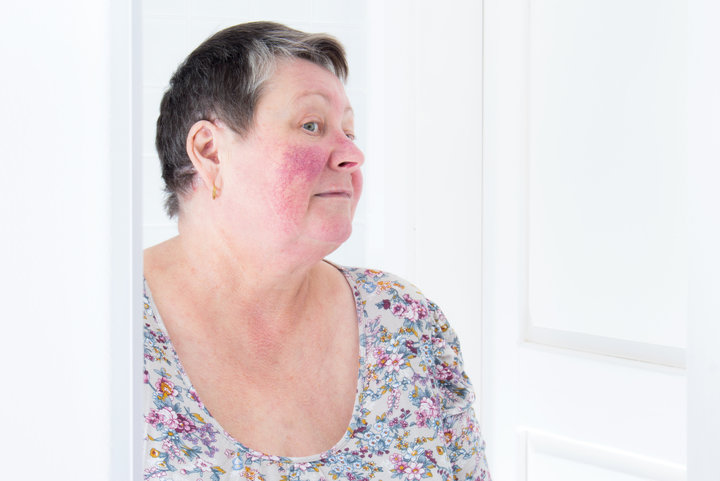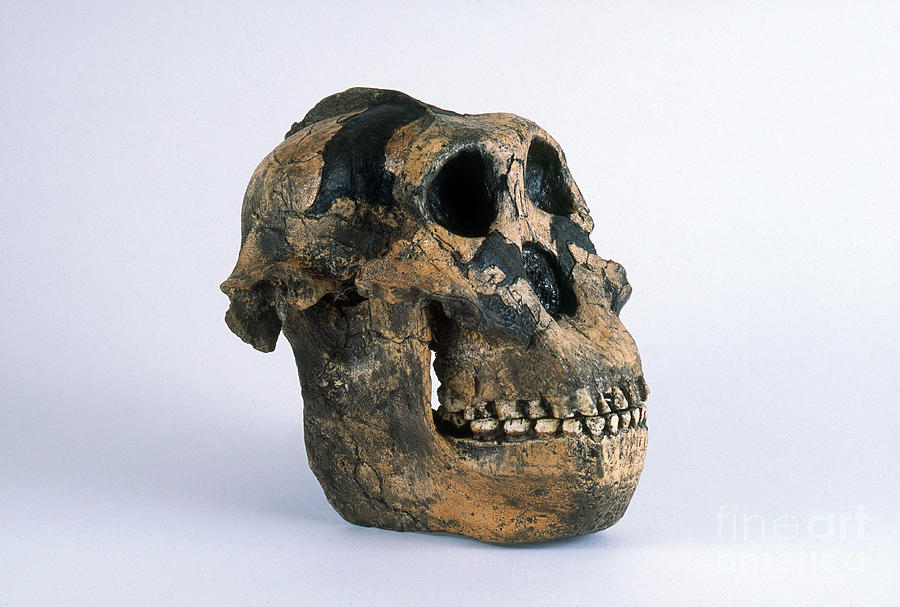Rosacea is a skin condition that currently affects over 14 million Americans and it usually begins to appear in people over the age of 30. It’s generally characterized by redness on the forehead, nose, cheeks and chin. Sufferers can also develop ruddy skin, prominent blood vessels, pimples and, most surprisingly to some, eye problems. But if left untreated, some of the most severe ― and rare ― cases of rosacea can leave sufferers blind. “Rosacea is a highly inflammatory condition affecting the face and commonly causes eye irritation, feeling like grittiness, stinging, or swelling of the…
Read MoreCategory: Health
Everything You Ever Wanted To Know About Getting Rid Of Stretch Marks
Stretch marks are a natural part of life, but for some people, they’re an unwanted nuisance that must be minimized or eliminated. And while there are a lot of products and procedures that claim to make stretch marks go away, most won’t help. Celebs like Danielle Brooks and Chrissy Teigen (see photo below) have spoken openly about their stretch marks on Instagram, demonstrating it’s something even celebrities deal with: In order to figure out if certain treatments actually do work, HuffPost reached out to a few experts to figure out what exactly stretch marks are,…
Read MoreWhy You’re Applying Sunscreen All Wrong
Can you get sunburned through a window? Is SPF 100 twice as protective as SPF 50? Now that beach season is almost here, we’re shedding some light on ten sunscreen myths.
Read MoreDid ‘Nutcracker Man’ Give Us Genital Herpes?
The ancestors of modern humans may have gotten genital herpes from the now-extinct relative of humanity commonly known as Nutcracker Man, a new study suggests. Analyzing the DNA of the viruses, bacteria and other life-forms that can infest people reveals not only the origins of human disease but also valuable hints about the lifestyles of past humans and their ancestors. For example, a 2007 study revealed that humans caught pubic lice, aka “crabs,” from gorillas about 3 million years ago, while a 2011 study suggested that Christopher Columbus and his crew brought…
Read MoreShould Exercise Be What The Doctor Orders For Depression?
More mental health providers may want to take a closer look at including exercise in their patients’ treatment plans, a new study suggests. Michigan State University and University of Michigan researchers asked 295 patients receiving treatment at a mental health clinic whether they wanted to be more physically active and if exercise helped improve their mood and anxiety. They also asked if patients wanted their therapist to help them become more active. Eighty-five percent said they wanted to exercise more and over 80 percent believed exercise helped improve their moods…
Read More




